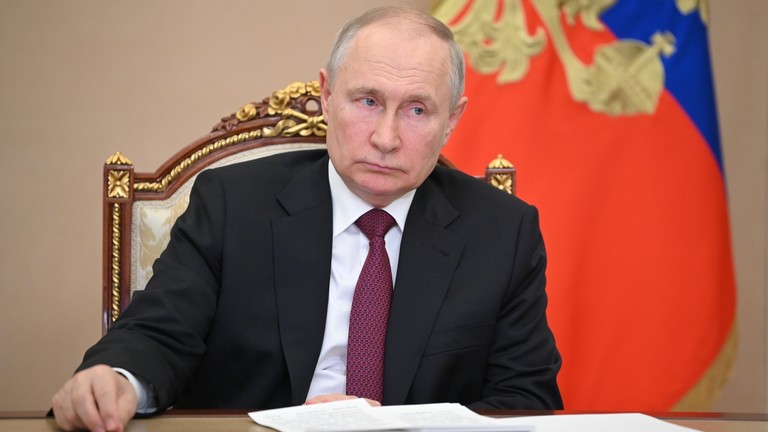
By BASHIR ADEFAKA

According to MURIC, “The Igangan incident must be condemned by all lovers of peace. But at the same time, we cannot close our eyes to the pain and suffering of farmers and indigenes of the area whom criminals see as soft targets for kidnapping, armed robbery, etc. It is however crystal clear that it is not a religious matter, though some have been misled into labeling it an Hausa-Fulani affair. Our focus must be the criminals, not any tribe.”
The Islamic rights group in Nigeria, Muslim Rights Concern (MURIC) has called for dialogue as more desirable way of achieving peace between Fulani herdsmen and the Yoruba farmers.
It made this call following the unfortunate development where a Yoruba ethnic activist, Sunday Adeyemo also known as Sunday Igboho, led some indigenes in Igangan, in Oke Ogun area of Oyo State to attack the Hausa-Fulani community in the area on Friday, 22nd January, 2021.
The incident allegedly resulted in the destruction of houses and vehicles, ostensibly, it was gathered, in fulfilment of an earlier threat by Igboho, who gave quit notice to the Hausa-Fulani to leave the Oyo State communities or face his “warriors”.
By Friday’s action, Igboho and his Yoruba group became the first ethnic persons to make such threat and fulfill it although with full support of some Yoruba traditional rulers and fellow clan indigenes. It will be recalled Northern elders and other stakeholders prevailed on the Arewa youths when they gave quit notice to the Igbo over threat of secession and disturbance by Indigenous People of Biafra (IPOB) backed by Ohanaeze Ndigbo and they did not carry out their threat.
In its reaction to the incident, the Muslim Rights Concern (MURIC) called for dialogue and wider consultations and advised the Federal Government to apply caution in handling the fragile situation.
This was contained in a statement issued by director of MURIC, Professor Ishaq Akintola on Sunday, 24th January, 2021.
According to MURIC, “The Igangan incident must be condemned by all lovers of peace. But at the same time, we cannot close our eyes to the pain and suffering of farmers and indigenes of the area whom criminals see as soft targets for kidnapping, armed robbery, etc. It is however crystal clear that it is not a religious matter, though some have been misled into labeling it an Hausa-Fulani affair. Our focus must be the criminals, not any tribe.
“While we do not endorse violence, we opine that people whose farms have been destroyed have the right to express indignation. In the same manner, those whose relations or friends have fallen victims to criminal activities like kidnapping and armed robbery are justified to speak up. The only difference here is that no single tribe should be held responsible for all the crimes.
“This is because criminals abound in all faiths and tribes everywhere in the world, not only in Nigeria. We should therefore address crime and criminals. We should target kidnappers and armed robbers, not any particular ethnicity. Those who make the mistake of profiling people of certain tribes will end up hurting decent elements within that tribe and this is against the law of natural justice.
“With particular reference to the Oyo and Ondo State incidents and the quit notices, MURIC reminds people of the South West that the crisis cuts across ethnicities. The same herdsmen are involved in several states. Benue, Kaduna, Adamawa, Taraba, Enugu, Onitsha, PortHarcourt, etc, are facing the same problem of herdsmen versus farmers. In essence, the phenomenon is general and not targeted at the Yoruba per se.
“Almost all the northern states face the herdsmen versus farmers conflict, banditry and kidnapping. People of the South West must consider the fate of thousands of their kinsmen from Ogbomosho, Offa, Iwo, Ibadan, etc who have resided in the North for more than a hundred years before insisting on a general expulsion of Northerners.
“Truth is bitter, but the earlier we say it the better. Herdsmen have no right to destroy crops. This is where people have genuine grievances against herdsmen. But indigenes should not label all herdsmen as kidnappers because there are law abiding citizens among them. Yet the most disturbing thing is that many of the criminals are foreigners. Our suggestion is that it is these criminals and foreigners that the security agencies (including amotekun) should go after.
“Instead of applying the big stick, MURIC advises the Federal Government to consult widely with elders from all the states of the federation concerning the issue of herdsmen versus farmers with a view to finding a comprehensive solution. FG should also seek advice from other African countries where the same crisis has been on the front burner at one time or the other since this conflict is not restricted to Nigeria alone. It is national, continental and universal in dimension.
“To douse tension immediately, both FG and the Oyo State government should undertake to speedily and adequately compensate victims of the latest conflict in Igangan, Oyo State. FG in particular should take greater responsibility because it is the nationwide lacuna in security matters that has been responsible for the breakdown in law and order.
“Instead of issuing threats and counter-threats, we appeal to the various ethnicities in the country to understand the nature of the conflict. Herders and farmers crisis is not a Nigerian problem alone, it is universal. Nigeria needs to seek an enduring panacea to its own peculiar problems instead of aggravating the conflict. We must learn from the war in Rwanda, Liberia, Sierra Leone, Sudan, etc and the attendant humanitarian disasters. This is still avoidable in Nigeria.
“MURIC’s avowed motto is ‘Dialogue, Not Violence’. We therefore advocate wide scale dialogue in the present circumstances. MURIC advises the FG to apply caution in handling the fragile situation. FG should take responsibility, compensate victims of the attack in Oyo State and engage all stakeholders in dialogue. We call on governors in affected states to consult traditional rulers on the best solution to the crisis. All forms of confrontation and muscle-flexing should stop in the interest of peace.”









